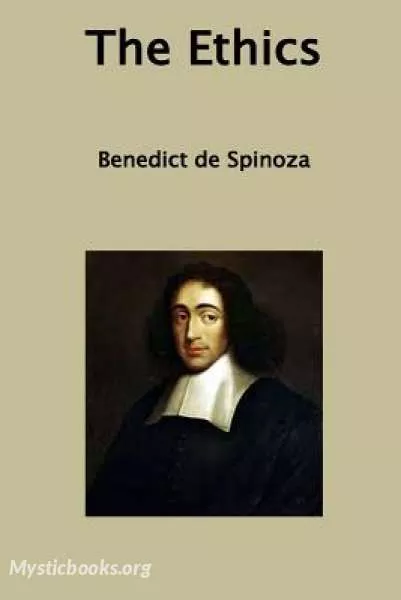
The Ethics
'The Ethics' Summary
The first part of the book addresses the relationship between God and the universe. Spinoza was engaging with a Tradition that held: God exists outside of the universe; God created the universe for a reason; and God could have created a different universe according to his will. Spinoza denies each point. According to Spinoza, God is the natural world. Spinoza concludes the following: God is the substance comprising the universe, with God existing in itself, not somehow outside of the universe; and the universe exists as it does from necessity, not because of a divine theological reason or will.
Spinoza argues through propositions. He holds their conclusion is merely the necessary logical conclusion from combining the provided Definitions and Axioms. He starts with the proposition that "there cannot exist in the universe two or more substances having the same nature or attribute." He follows this by arguing that objects and events must not merely be caused if they occur, but be prevented if they do not. By a logical contradiction, if something is non-contradictory, there is no reason that it should not exist. Spinoza builds from these starting ideas. If substance exists it must be infinite,because if not infinite another finite substance would have to exist to take up the remaining parts of its finite attributes, something which is impossible according to an earlier proposition. Spinoza then uses the Ontological Argument as justification for the existence of God and argues that God (which should be read as "nature", rather than traditional deity) must possess all attributes infinitely. Since no two things can share attributes, "besides God no substance can be granted or conceived."
As with many of Spinoza's claims, what this means is a matter of dispute. Spinoza claims that the things that make up the universe, including human beings, are God's "modes". This means that everything is, in some sense, dependent upon God. The nature of this dependence is disputed. Some scholars say that the modes are properties of God in the traditional sense. Others say that modes are effects of God. Either way, the modes are also logically dependent on God's essence, in this sense: everything that happens follows from the nature of God, just like how it follows from the nature of a triangle that its angles are equal to two right angles. Since God had to exist with the nature he has, nothing that has happened could have been avoided, and if God has fixed a particular fate for a particular mode, there is no escaping it. As Spinoza puts it, "A thing which has been determined by God to produce an effect cannot render itself undetermined." God's creation of the universe is not a decision, much less one motivated by a purpose.
Book Details
Language
EnglishOriginal Language
LatinPublished In
1677Authors
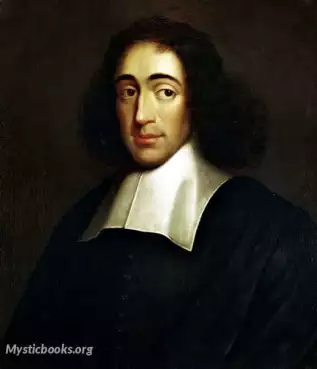
Benedict de Spinoza
Dutch Republic
Baruch (de) Spinoza was a Dutch philosopher of Portuguese Sephardi origin. One of the early thinkers of the Enlightenment and modern biblical criticism, including modern conceptions of the self and th...
Books by Benedict de SpinozaDownload eBooks
Listen/Download Audiobook
- Select Speed
Related books
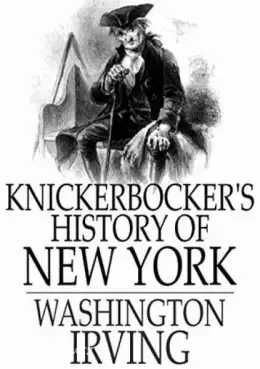
Knickerbocker's History of New York, Vol. 1 by Washington Irving
A History of New York, subtitled From the Beginning of the World to the End of the Dutch Dynasty, is an 1809 literary parody on the history of New Yor...
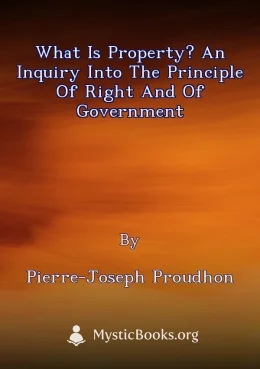
What is Property? An Inquiry into the Principle of Right and of Government by Pierre-Joseph Proudhon
What Is Property? is a foundational work of anarchist philosophy that explores the concept of property and its relationship to individual liberty and...
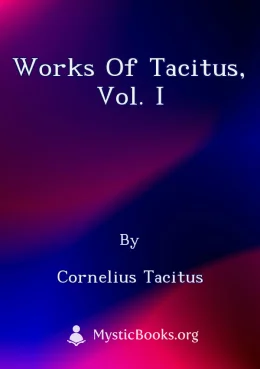
Works of Tacitus, Vol. I by Cornelius Tacitus
The historical works of Tacitus are a history of the period from A.D. 14 to 96 in thirty volumes. Although many of the works were lost (only books 1-5...

Cottage Economy by William Cobbett
Cottage Economy is a book by William Cobbett, first published in 1821, which covers many practical instructions such how to bake bread, brew beer, kee...
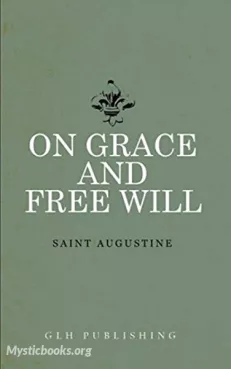
On Grace And Free Will by Saint Augustine of Hippo
It explores the complex relationship between grace and free will, two concepts that are central to Augustine's understanding of salvation and the natu...
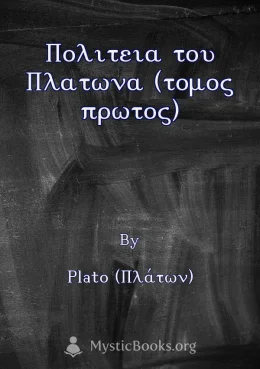
Πολιτεια του Πλατωνα (τομος πρωτος) by Plato (Πλάτων)
The Republic by Plato is a philosophical dialogue that explores the nature of justice and the ideal state. Plato argues that justice is the highest vi...

Chronicles of Canada Volume 25 - The 'Patriotes' of '37: A Chronicle of the Lower Canada Rebellion by DeCelles by Alfred Duclos DeCelles
This volume of the Chronicles of Canada series provides a detailed account of the Rebellions of 1837–1838 in Lower Canada (now Quebec and Labrador) an...
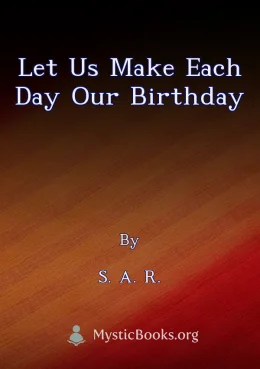
Let Us Make Each Day Our Birthday by S. A. R.
A collection of short, reflective poems, each focused on a different aspect of making the most of each day. The poems explore themes of gratitude, opt...
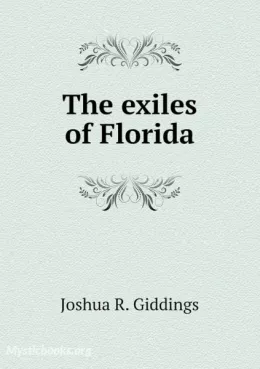
The Exiles of Florida by Joshua Giddings
The Exiles of Florida, written by Joshua R. Giddings and first published in 1858, is a searing indictment of the United States government's role in th...

Watt's Songs Against Evil by Isaac Watts
This collection of poems, originally published as 'Watts' Songs Against Evil,' is a compilation of Isaac Watts's timeless work. It offers a series of...
Reviews for The Ethics
No reviews posted or approved, yet...